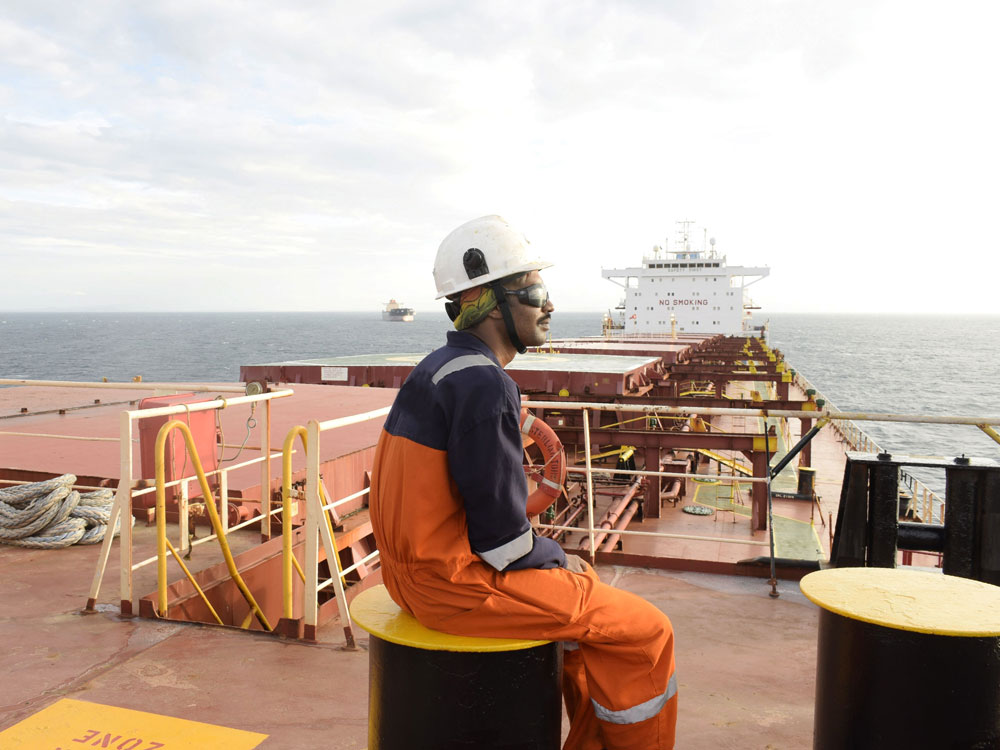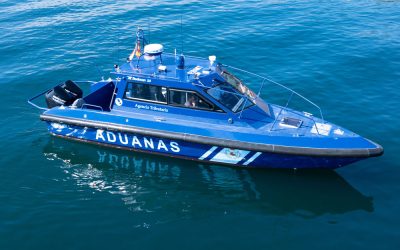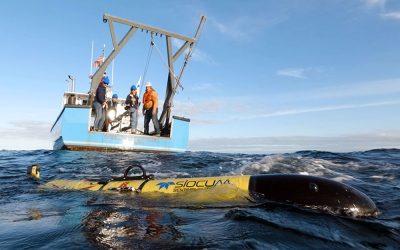Maritime healthcare provider VIKAND has cited disturbing statistics from Gard’s 2025 Crew Claims Report to raise awareness of the importance of safeguarding seafarer mental health.
The Gard stats – based on 2024 claims data and feedback from more than 6,000 seafarers – indicate that, between 2019-2023, 11% of all seafarer deaths were due to suicide, surpassing the number of deaths caused by onboard injuries.
“Suicide at sea is no longer the elephant in the room – it’s a harsh reality we can no longer ignore,” comments Ronald Spithout, MD of OneHealth by VIKAND. “The silence, the stigma and the systemic underreporting must end…together, we need to ensure a more structural approach and support for seafarers before more lives are lost.”
VIKAND also draws attention to research by Yale University, conducted in 2020 for the ITF Seafarers’ Trust, which found that 20% of surveyed crew members had experienced suicidal thoughts. VIKAND says: “Unique pressures of life at sea, including long isolation, communication challenges and cultural taboos, make seafarers especially vulnerable.
“Most suicides occurred among crew members under age 41, with officers disproportionately affected. Compensation exclusions for suicide further compound the trauma for grieving families.“
VIKAND’s statement includes the case of two Filipino crew members, both described by their colleagues as “outgoing, engaged and sociable” team players, who nonetheless took their own lives – one by hanging, the other by jumping overboard – following family and relationship problems, exacerbated by their isolation at sea. “Neither had a known mental health history or showed visible warning signs,” VIKAND writes. “In each case, psychological support and crew training were implemented – but only after the tragic events.“
The group also cites the case of a 28-year-old doctor who committed suicide in her cabin following a break-up: a tragedy that drove one of her colleagues to drink, leading to his dismissal “without receiving any follow-up mental health care or emotional support”, VIKAND notes.

Ronald Spithout, MD, OneHealth by VIKAND: “The silence, the stigma and the systemic underreporting must end”
VIKAND is now urging maritime industry leaders to improve reporting standards, step up mental health support services and push for a “cultural transformation” to remove the stigma about mental health issues, “so seafarers feel able to ask for help without fear of judgement or shame”.
This would involve greater use of pre-employment psychological screening, to identify vulnerabilities before crew members take to sea, and targeted training for officers and crew, helping them to spot early signs of distress among their colleagues and to react accordingly. “Fragmented, reactive approaches to mental health are no longer sufficient,” the group warns. “More effort must go into receiving even the faintest early warning signals.”
VIKAND has rolled out an AI-backed digital screening tool, Crew Wellness Pulse Check, which enables seafarers to anonymously complete surveys related to their mental health. This data can then be used to build up a bigger picture of the problem and to detect patterns and trends. VIKAND also provides 24/7 helplines for immediate support. “This isn’t about checking a box – it’s about proactively trying to save lives,” says Spithout. “Together, we can build a maritime culture where every seafarer feels seen, supported and safe.”




